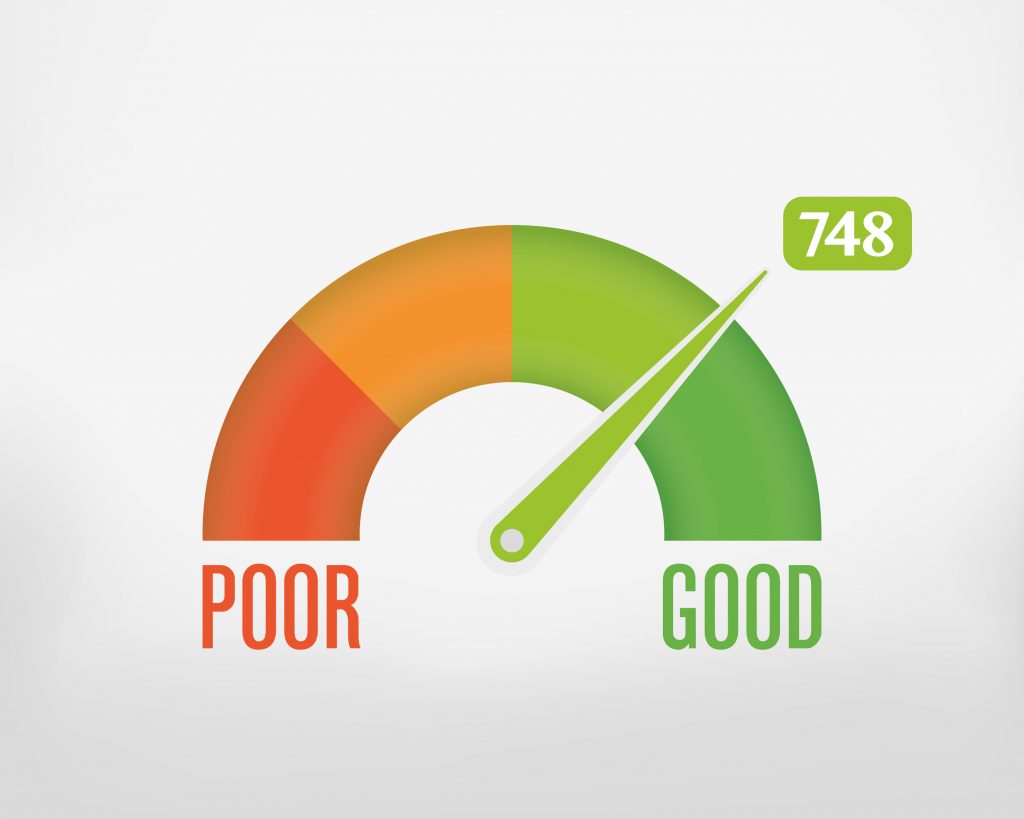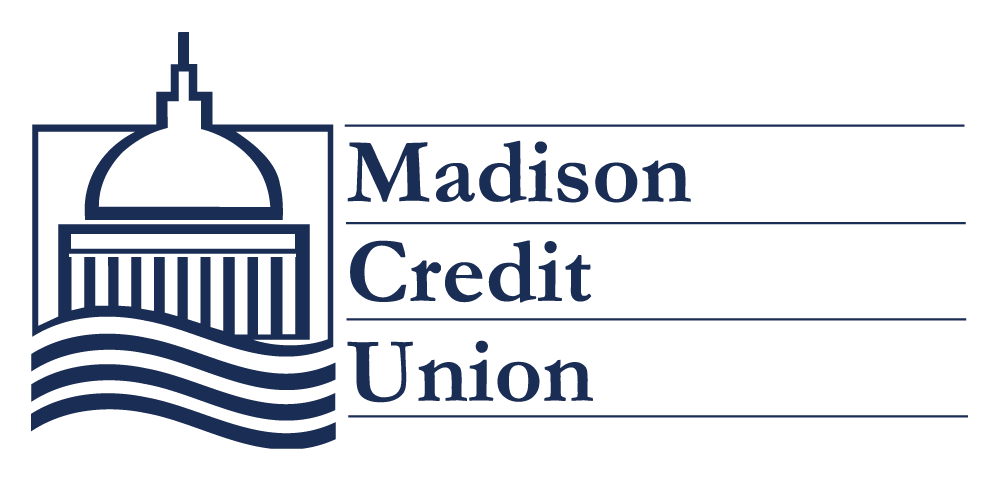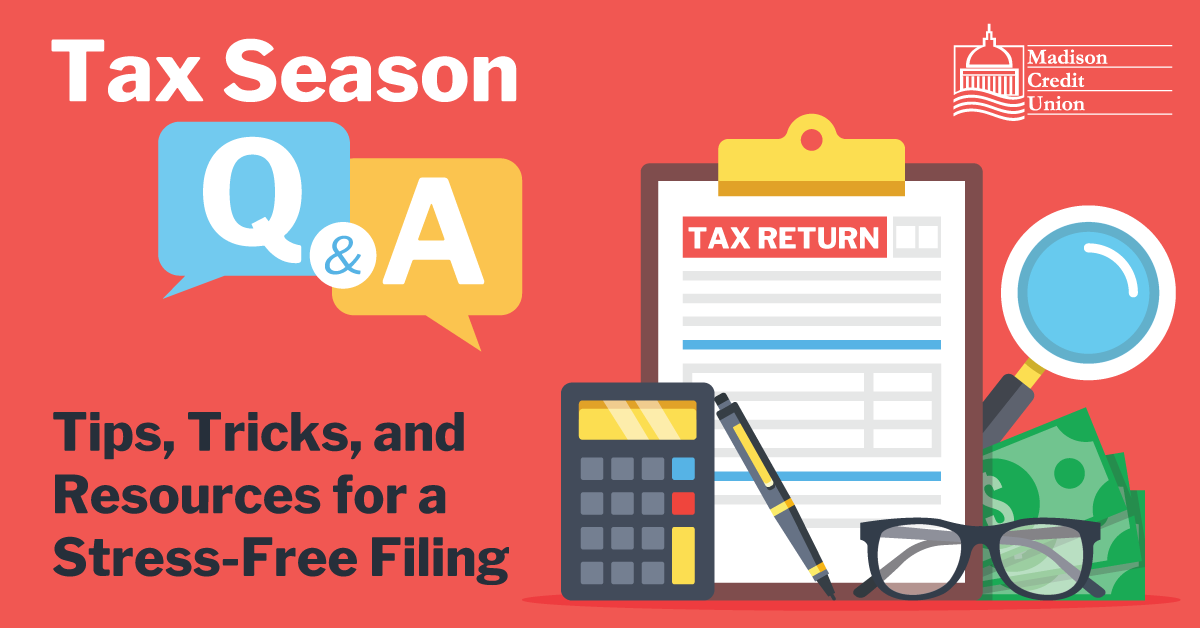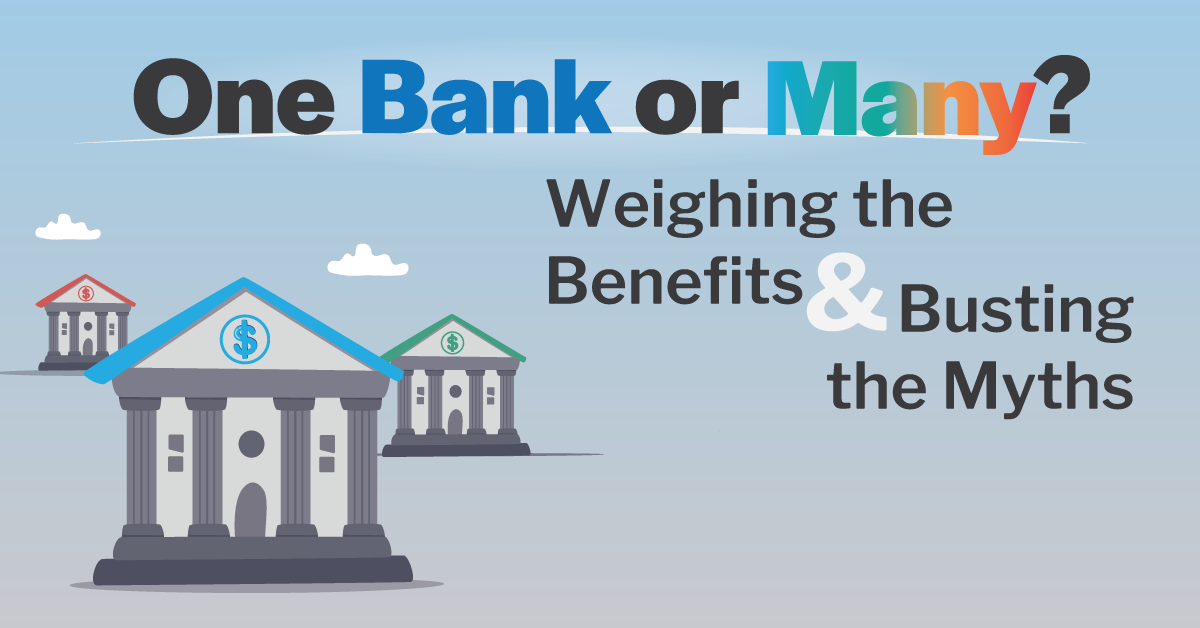Tax season can be overwhelming, but with the right information and preparation, it doesn’t have…
Your Credit Score: Everything You Need to Know
Your credit score can have a major impact on your life. Not only do creditors typically check your score when deciding whether or not to approve your loan application and what interest rate to charge you if you are approved, but landlords, insurance companies, and even employers often check it as well. Having a good score can help you achieve your goals quickly and at the lowest possible cost.
What is a credit score?
Your credit score is a mathematical assessment of the likelihood you will repay what you borrow. It is based on the information in your credit report, which tracks your credit-related activity. Types of credit include credit cards, store cards, personal loans, car loans, mortgages, student loans, and lines of credit. For each account, your report shows who it is with, your payment history, the initial amount borrowed (for loans) or credit limit (for revolving credit), the current amount owed, and when it was opened/taken out.
Your report also shows if you have experienced any credit-related legal actions, such as a judgment, foreclosure, bankruptcy, or repossession, and who has pulled your report (called an inquiry). There are three major credit bureaus that compile and maintain credit reports: Equifax, Experian, and TransUnion. Theoretically, all three of your reports should be the same, but it is not uncommon for creditors to report to only one or two of the bureaus.
FICO score
The most commonly used scoring model is issued by the Fair Isaac Corporation. Called a FICO score, it ranges from 300 to 850, with a higher score being indicative of less risk. Generally, those with a higher score are more easily granted credit and get a better interest rate. While there is no standard for what constitutes a good credit score, one benchmark to keep in mind is that it is very difficult to get a mortgage if your score is below 580 (and many lenders require you to have at least a 620 or higher), and to get the best interest rate, you usually need at least a 760.
To learn what factors affect your credit score and how to improve your credit score, the BALANCE website.





